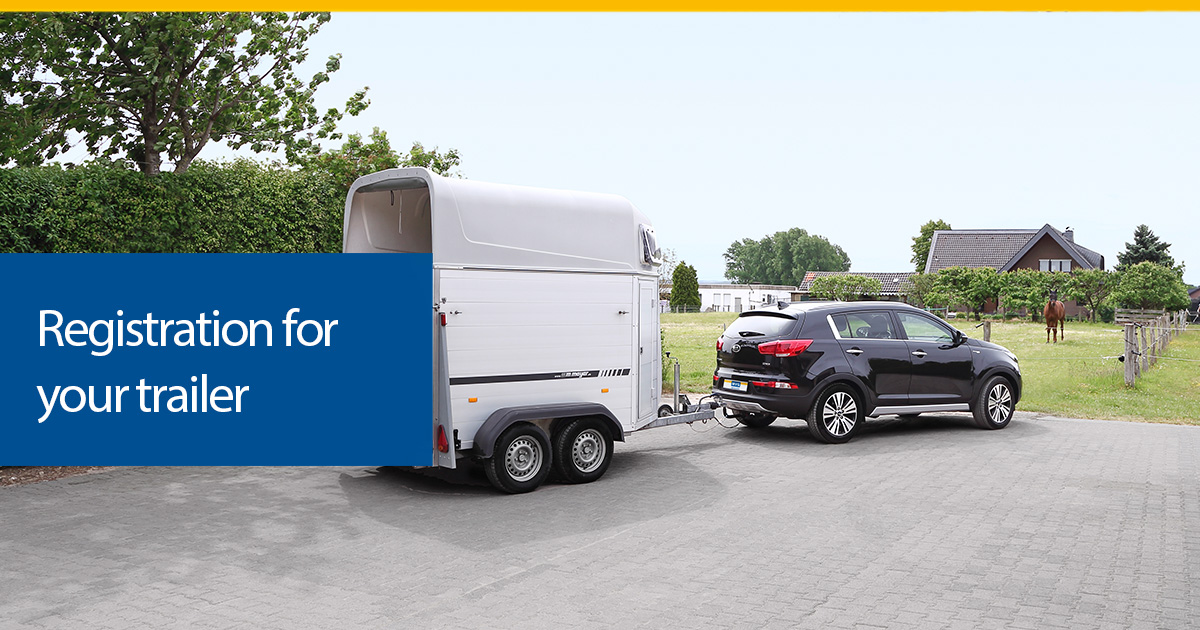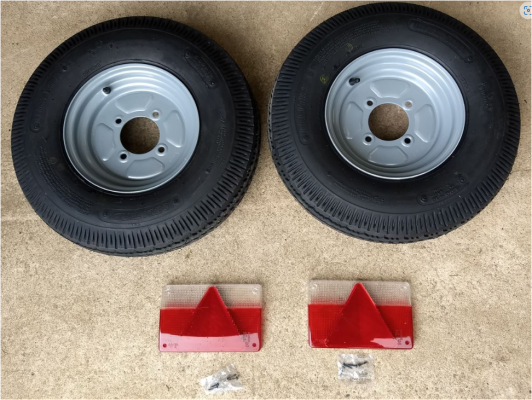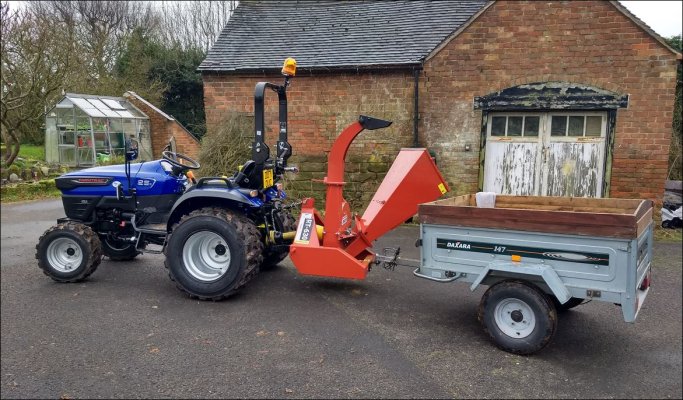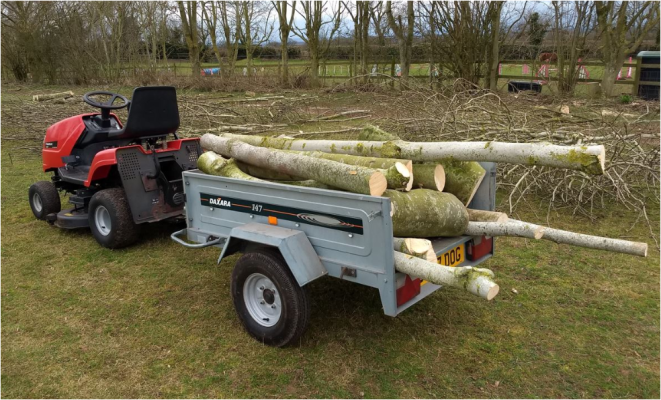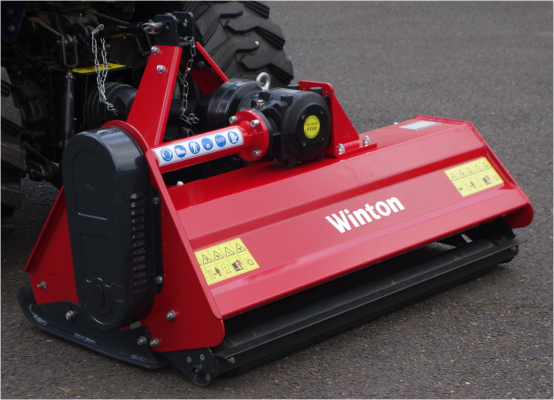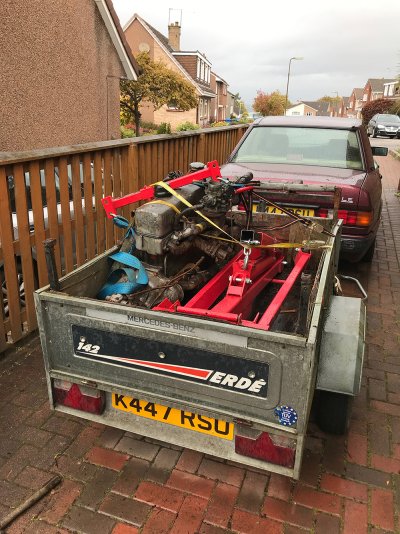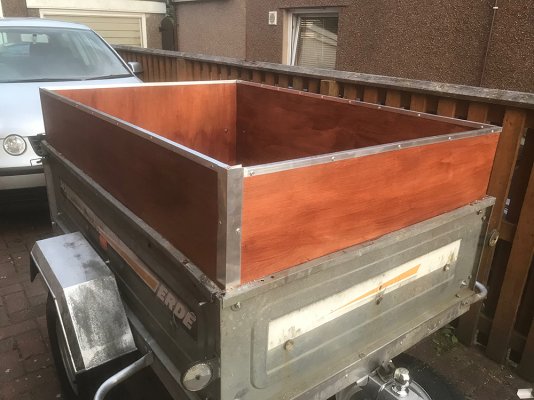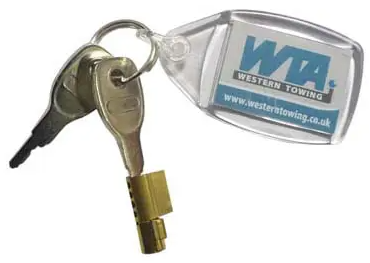Homemade trailers are still alive and kicking, a trip to your local tip will show you.
I seem to remember that a contributing factor in Selby was that he was towing an unbraked trailer loaded with a car, but I could be wrong.
The 2019 report. in the foreword, in the paragraph just before the one you quote, also says:
"It is clear including from roadside checks by DVSA undertaken for this report that many light trailers are used on public roads in a defective state. I recognise it is important that the focus already developed by campaigns and involving public agencies is taken forward."
The Executive Summary of the 2019 report also says:
1.3 DVSA undertook roadside checks to provide additional data on light trailers for this report. About 50% of O2 trailers checked were non-compliant in random stops, as opposed to about 20% of GB heavier (O3 and O4) trailers, with the rate of immediate prohibitions (i.e. defects so dangerous repairs were needed before further use of the trailer) being 29% for O2 and 5% for heavier trailers. There are a number of likely reasons for this differential, including enforcement, operator licencing and annual testing,"
1.8 The poor level of compliance of light trailers when stopped is a cause for concern.There will be further consideration of adding to the types of information used in this report including more stops of caravans during summer months to check compliance rates and consideration of incident-related data collection (including via STATS19)."
I concede that the incidences of deaths caused by trailer defect are insignificant,unless they affect one directly,but doing nothing about a small problem does not stop it growing into a big problem.
Pre 83 cars are another subject, but I would suggest that they are subject to a better level of service and repair than light trailers.
Edited ro add this from the MVG site:
These documents are needed for the registration of your trailer
So that your trailer is approved and your new license plates can be issued, you can’t avoid driving to the responsible registration office. When you are on site, you need the following documents so that your approval can be issued: You need the manufacturer’s certificate or confirmation of a valid general inspection by a testing organization such as the German DEKRA or TÜV, which confirms that your trailer is roadworthy. If the “TÜV” has expired, there will be a fine depending on the duration of the overdraft, so make sure that the general inspection is still valid. You should also be able to identify yourself, for example with an identity card. Also have the registration certificate part I and II with you in any case. Finally, you need an insurance code from your insurance company, alternatively you can also bring a double insurance card with you.
After buying a new trailer, you have to register it first. What do you have to consider and which documents do you need? We have all the information for you.
www.how-to-towbar.com

